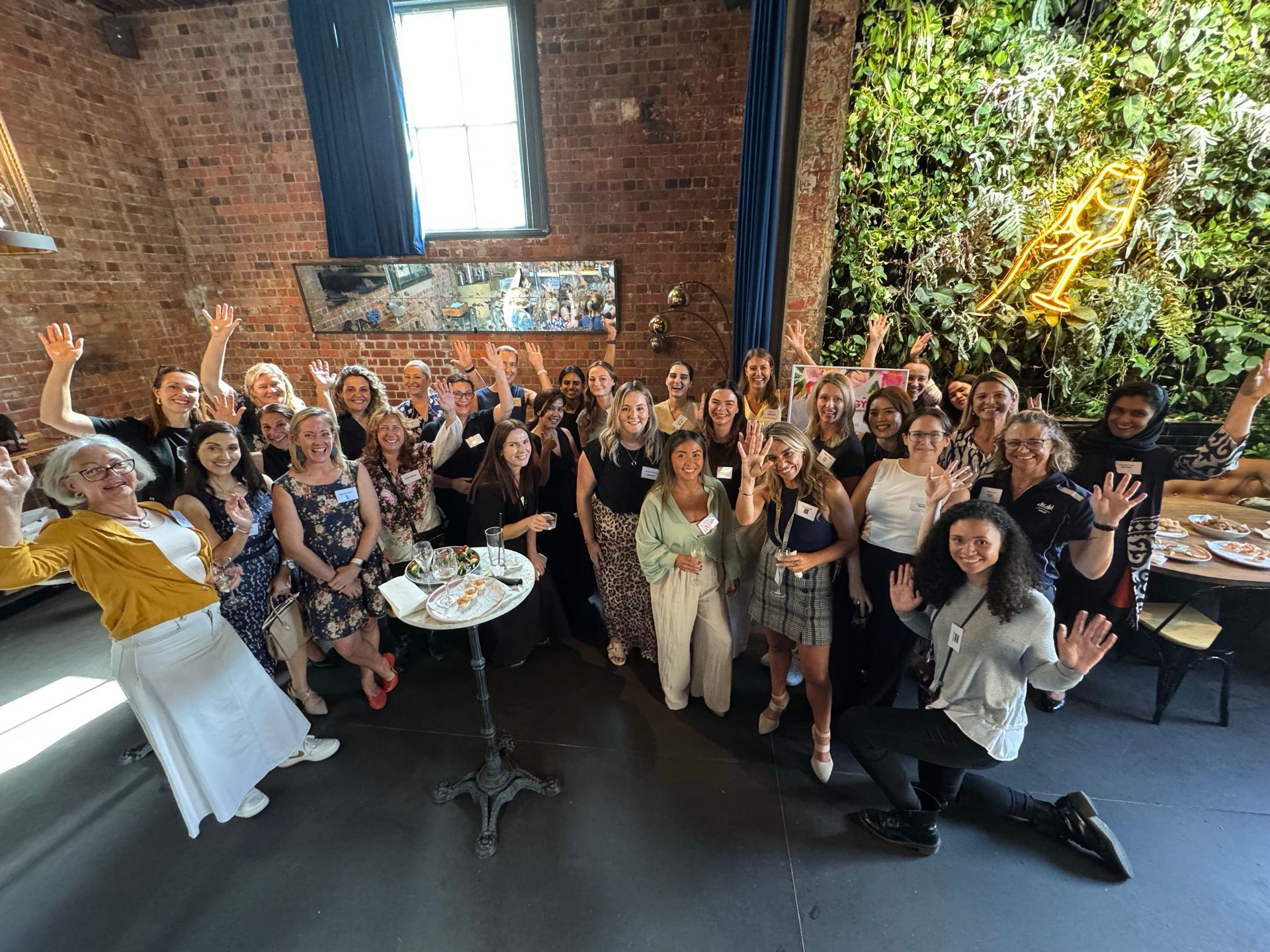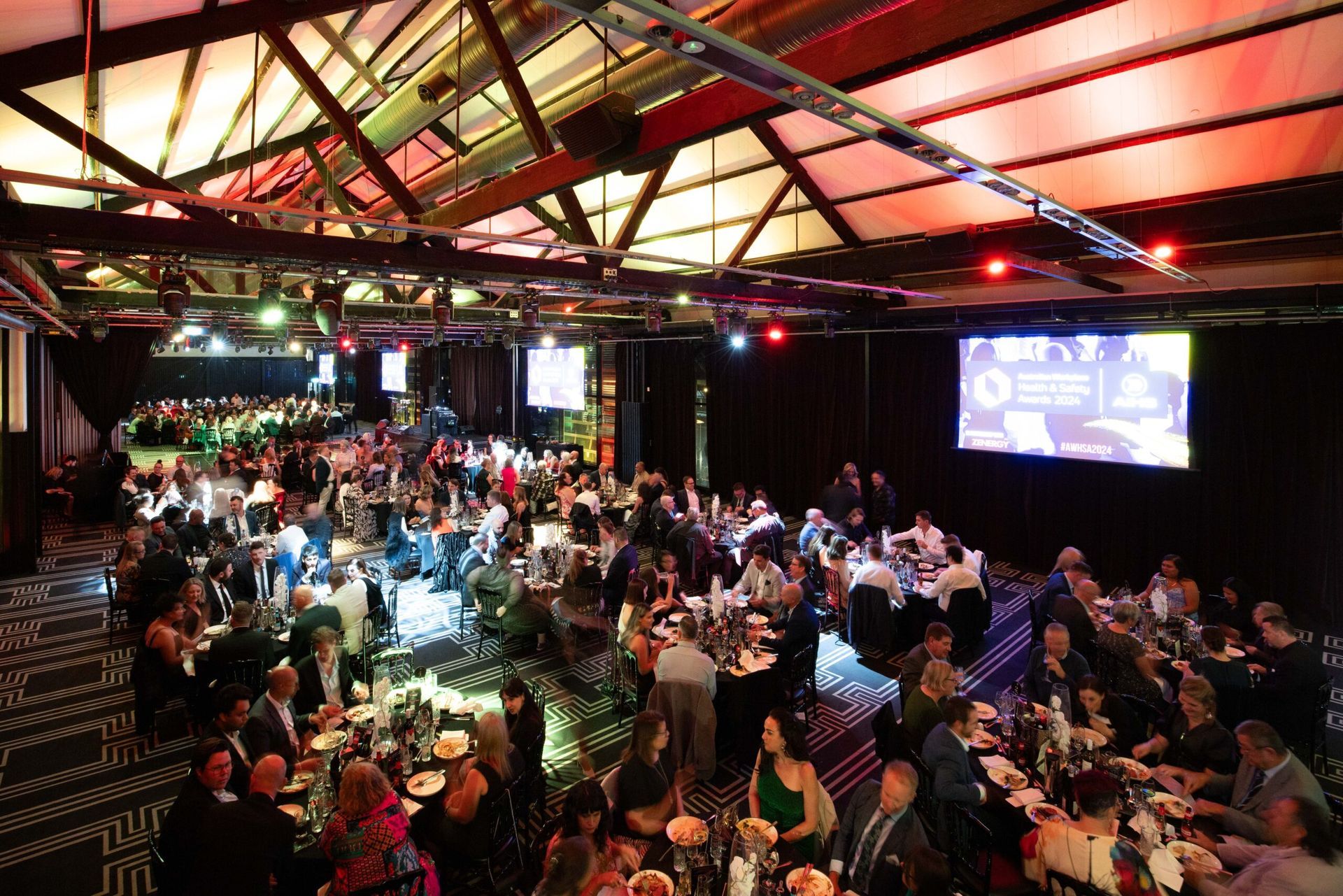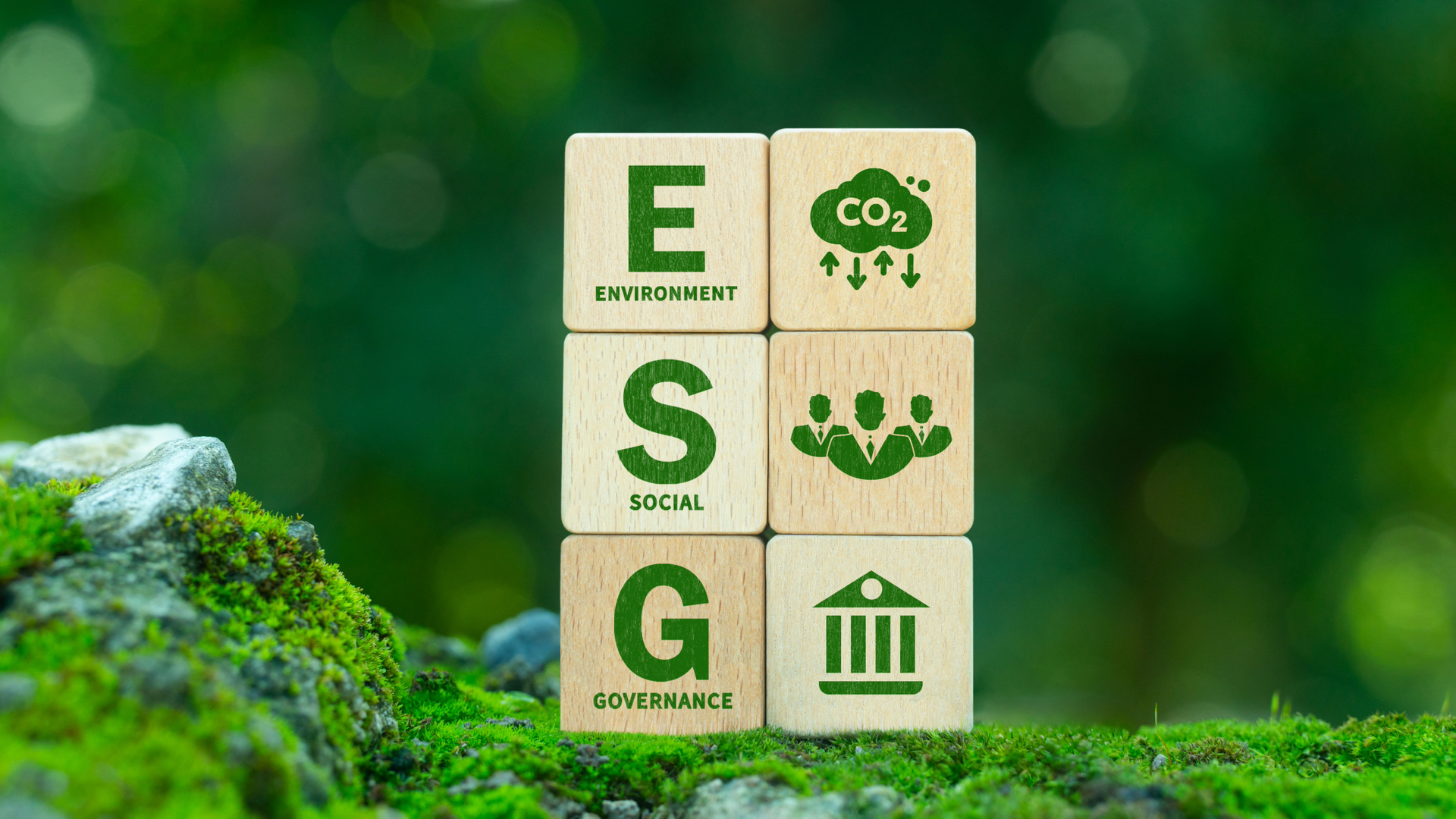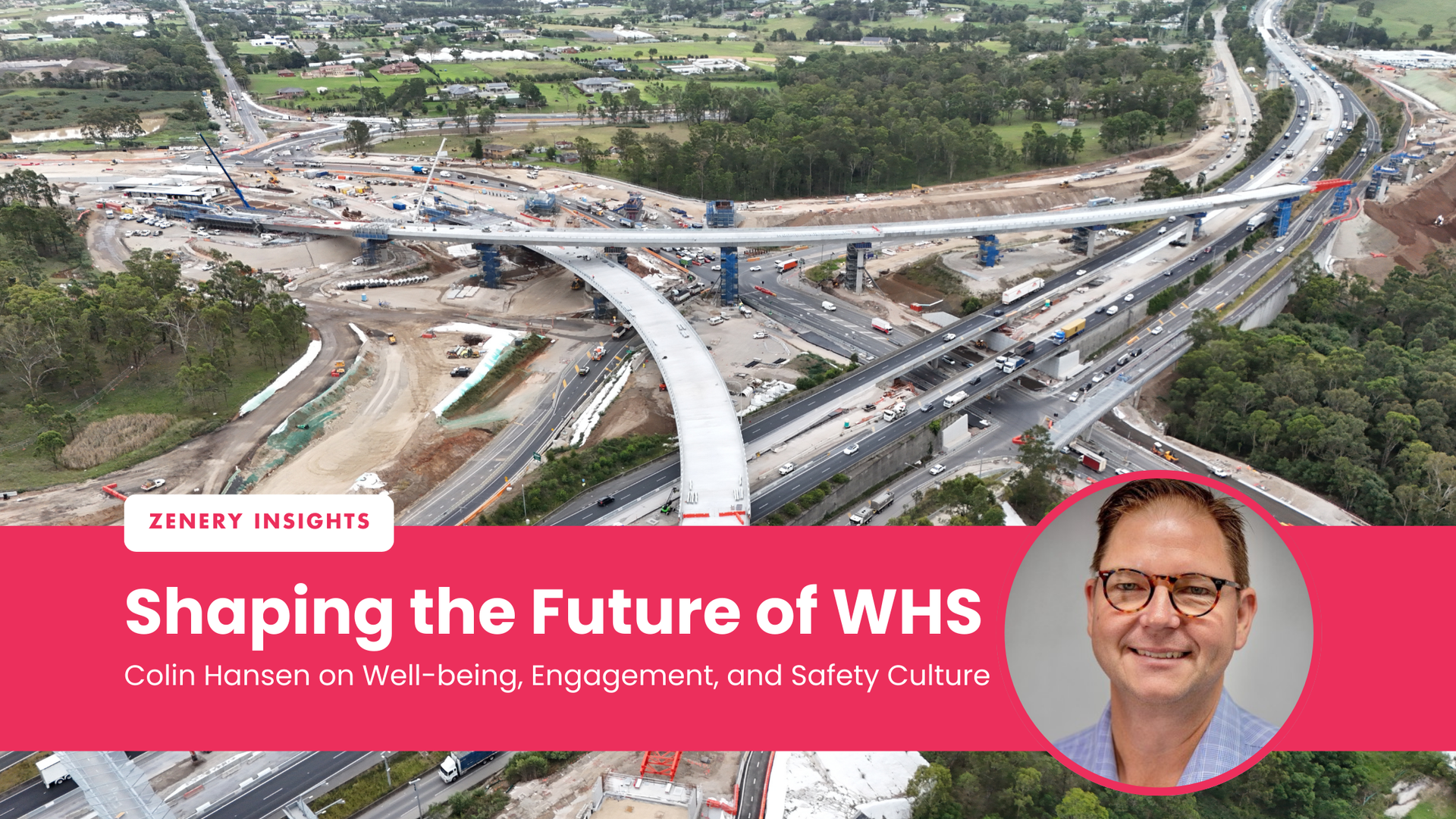Everyday Respect at Rio Tinto: A Progress Review
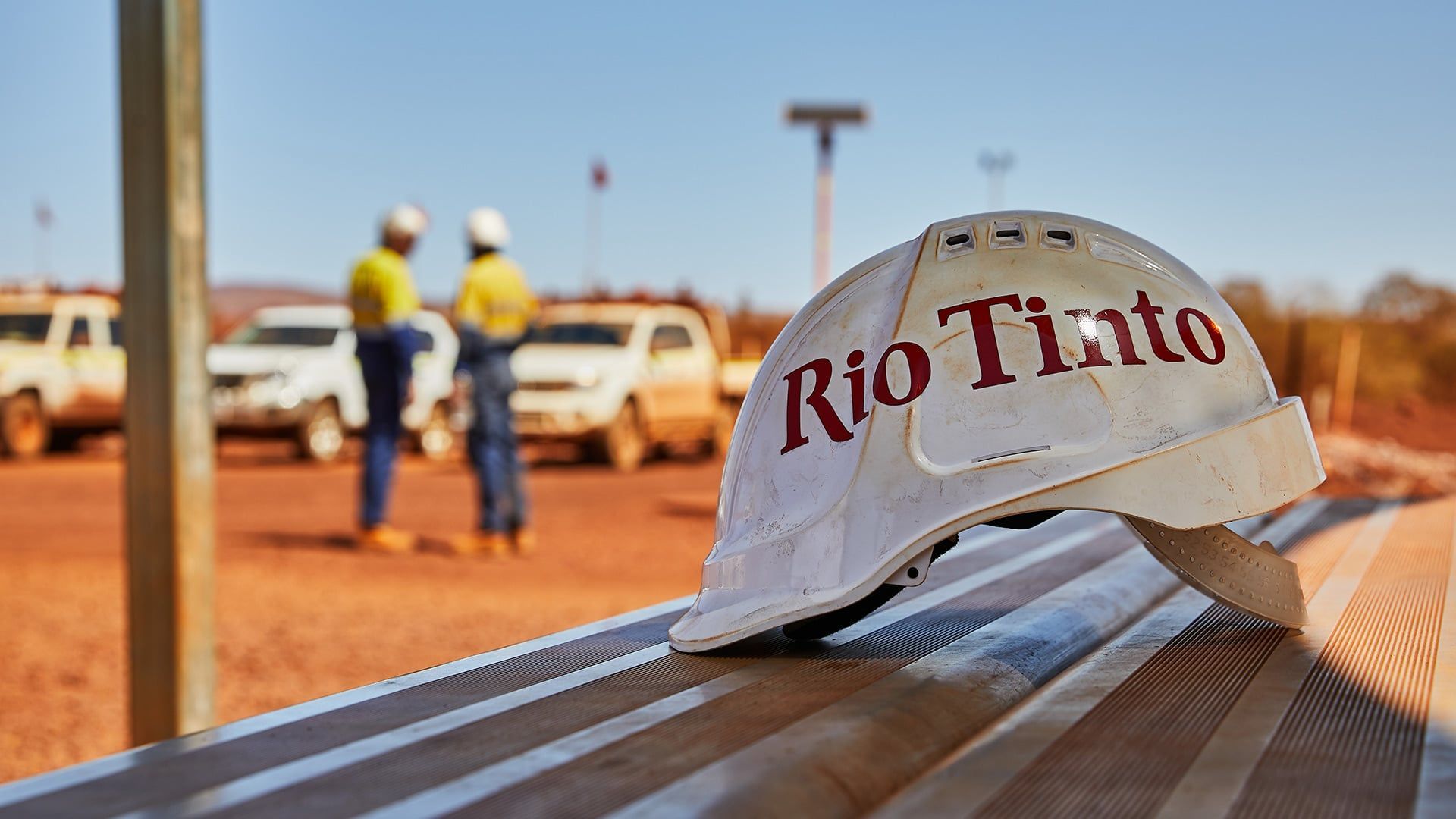
Two years after the release of the groundbreaking 2022 Everyday Respect Report, Rio Tinto has undertaken a thorough Progress Review to assess its ongoing cultural transformation. As one of the world’s largest mining companies, Rio Tinto has been working to create a safer, more inclusive workplace culture that fosters respect, productivity, and innovation. The 2024 Progress Review highlights significant strides made, ongoing challenges, and areas requiring further attention.
The Journey Towards Cultural Transformation
Cultural change is a multi-year effort that requires consistent leadership, structural support, and engagement across all levels of an organization. Since launching its Everyday Respect initiative, Rio Tinto has embedded this agenda into its core business strategy, focusing on reducing bullying, sexual harassment, and racism in the workplace.
Key Progress Areas:
- Increased Awareness and Open Conversations: The public release of the original report acted as a catalyst for change, encouraging more employees to speak up and engage in discussions about respect.
- Stronger Leadership Commitment: Leaders are playing a more proactive role in championing Everyday Respect, with a focus on psychological safety and inclusive leadership.
- Enhanced Training and Education: Programs such as Everyday Respect Training and Purple Banners have been widely implemented to build awareness and response capabilities.
- Facility Upgrades and Safety Improvements: Investments in workplace infrastructure have improved the physical environment, making it more inclusive and conducive to employee well-being.
- Greater Workforce Diversity: There has been a notable increase in gender and cultural diversity across teams, fostering innovation and improved workplace dynamics.
Ongoing Challenges and Areas for Improvement
Despite progress, resistance to change remains an obstacle, particularly among certain groups. Survey data indicates that while improvements have been perceived in many areas, instances of bullying, sexual harassment, and racism persist. Key focus areas include:
- Building Stronger Buy-in: Engaging those who are resistant to cultural change, particularly male employees, to foster a collective commitment to Everyday Respect.
- Enhancing Reporting Mechanisms: Increasing trust in reporting systems to ensure that employees feel safe and supported when raising concerns.
- Strengthening Frontline Leadership: Providing additional training and tools to equip supervisors and managers with the skills needed to drive culture change at all levels.
- Maintaining Momentum: Ensuring that Everyday Respect remains a priority in the face of organizational changes and external pressures.
Looking Ahead: Staying the Course
The findings from the 2024 Progress Review reaffirm Rio Tinto’s commitment to long-term cultural transformation. While meaningful progress has been made, continued efforts are needed to sustain positive momentum and address persistent challenges. As one employee noted:
“Change is definitely happening, and it will get hard at times. We can’t back away ... I’m here at Rio Tinto because I want to see through this change. We need to stay the course.”
With ongoing leadership, engagement, and strategic initiatives, Rio Tinto is on the path to embedding Everyday Respect across all facets of its global operations, ensuring a safer, more inclusive, and more productive workplace for all employees.
Contact Us
Zenergy News

